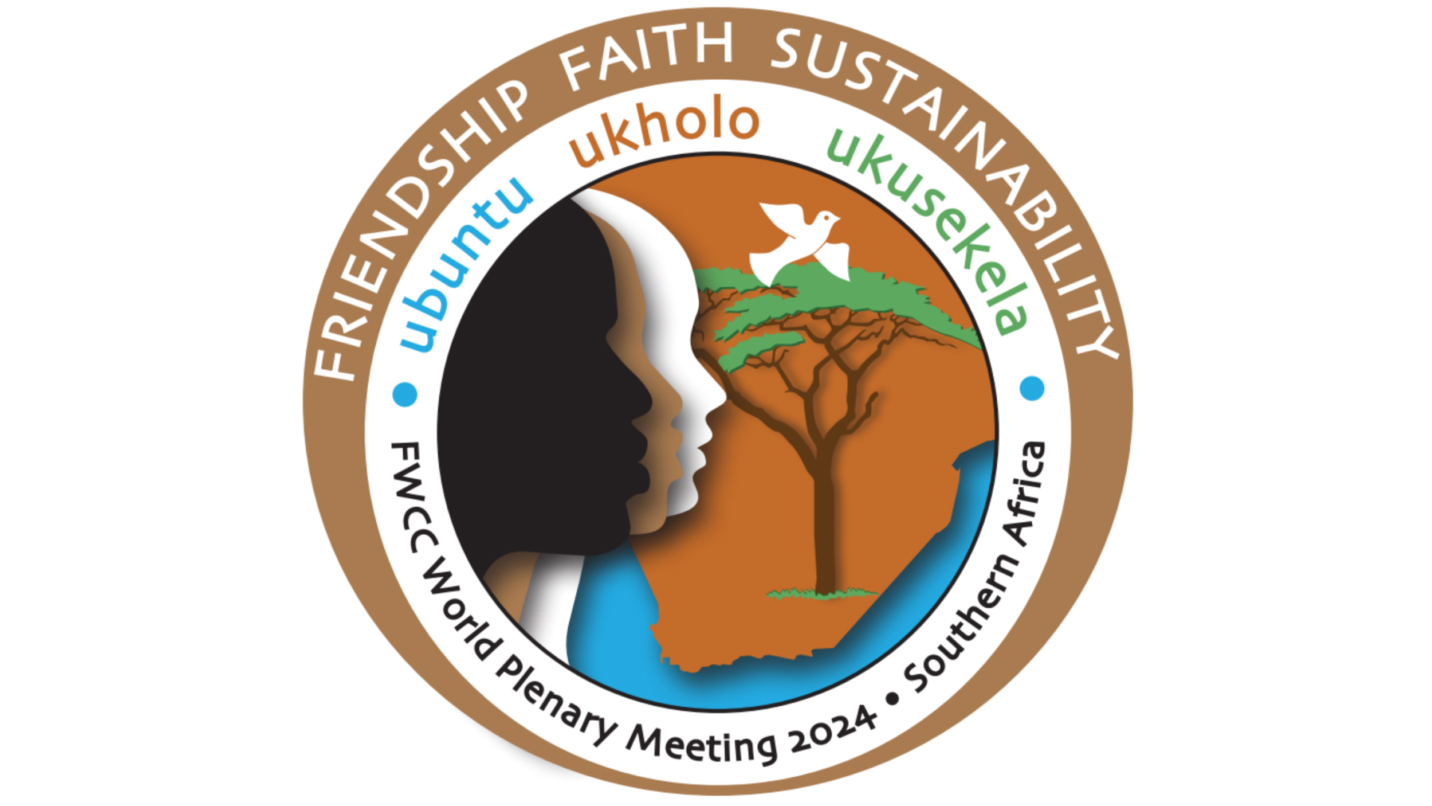(RNS) — In early August, approximately 500 Quakers from more than 50 countries gathered in South Africa for our World Plenary Meeting, last held in 2016. As the leader of the oldest registered religious lobby in the world, the Friends Committee on National Legislation, I welcomed the opportunity this international gathering provided to ask fellow Quakers how U.S. policy is impacting their communities and how advocates like me can pass on their messages to American policymakers.
This is what I heard.
Friends see the U.S. playing a vital role in preventing war and building peace in the world. Like many people of faith, Quakers are deeply concerned by the ongoing atrocities in Gaza and an escalating regional war in the Middle East. They support an immediate and comprehensive cease-fire and call for an end to U.S. military aid to Israel.
They are also concerned by the potential for war — and even nuclear war — involving the U.S., Russia and China. Quakers in Russia and Ukraine want an end to the war there and immediate protection for all conscientious objectors in both countries. Quakers around the world want our policymakers to invest in the tools of diplomacy, development and protecting the planet — not more weapons and war.
The U.S. should address historical and ongoing injustices to help repair and heal our nation and world. Like many communities of faith, we spend time reflecting on our community’s own role in colonialism, racism and persistent inequalities that still shape our world. We commit to continuing the work of uprooting racial injustice and healing our societies.
For us, this means telling the truth about our history, recognizing how racism and inequality still drive our policies at home and abroad and actively working to create more just policy solutions. Policies like the child tax credit, the John Lewis Voting Rights Act and legislation to establish a Truth and Healing Commission on Indian Boarding School Policies all represent important steps Congress can and should take to build a more just and equal union.

World Plenary Meeting 2024 logo. (Courtesy image)
Religious groups in particular, including Quakers, were directly complicit in the Indian boarding school era and have a moral responsibility to address the harm inflicted on Native communities. Christian churches, in conjunction with the federal government, created some 408 boarding schools across 37 states and territories for Native American children.
The U.S. should play a global leadership role in addressing the climate crisis. A strong unifying theme at the gathering was the urgency of the climate crisis and the need for all people and governments to actively work to address it. For many people attending the World Plenary, climate change was a stark reality affecting their daily lives.
A strong call was made to developed countries, and particularly the U.S. as one of the world’s largest fossil fuels users, to take immediate and transformative steps to reduce global warming and protect our natural world before it is too late. This includes increasing funding for adaptation and mitigation efforts of communities on the front lines of global climate change.
On display at the World Plenary was the remarkable diversity of our faith community, reflecting the beautiful diversity of the global human family. Like many religious groups, Quakers around the world look different, speak different languages, come from distinct cultures, hold different perspectives, live different lives and even practice their religion in different ways.
Finding unity together across our global differences is not always easy. But there is great unity around the need for us to work together to build a better world — one where we recognize our interconnectedness as a source for building peace, where the truth is told about our past and present so that justice can grow, and where the beauty of our earth and all that lives on it is protected.
The world we seek may seem like a distant promised land, but we believe this world can be built. It will take many people of many faiths and backgrounds, and it will require the political will of our leaders and governments. As Friends from 50-plus countries declared at the World Plenary, “We are seized with the urgent need to do transformative work in the world.”
Let’s get to it.
(Bridget Moix is general secretary of the Friends Committee on National Legislation and its associated Quaker hospitality center, Friends Place on Capitol Hill. The views expressed in this commentary do not necessarily reflect those of Religion News Service.)





